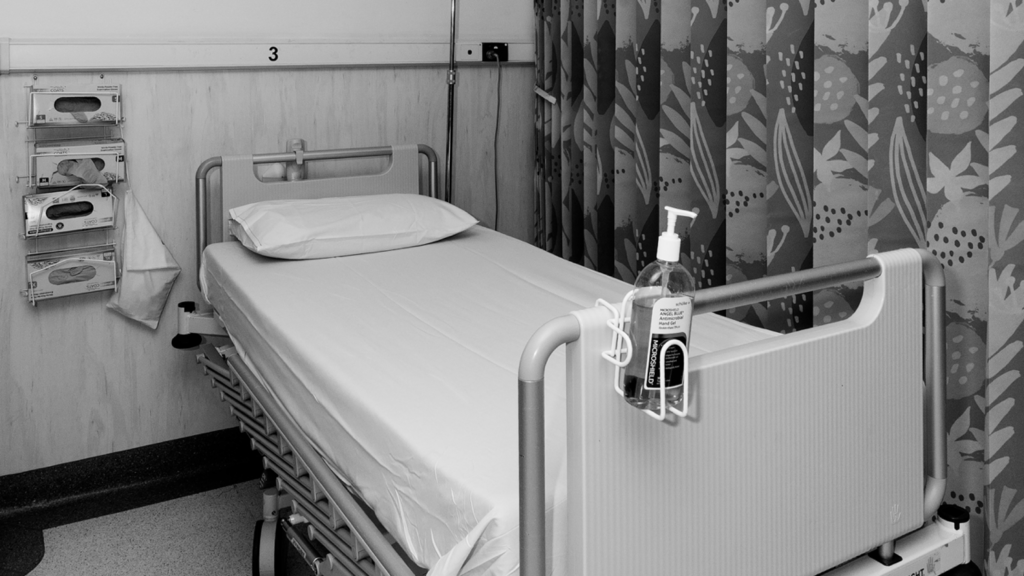Readmissions to acute specialised mental health inpatient services within 28 days of discharge
Rationale
Readmission rate is considered to be a global performance measure as it potentially points to deficiencies in the functioning of the overall mental healthcare system.
While multiple hospital admissions over a lifetime may be necessary for someone with ongoing illness, a high proportion of readmissions shortly after discharge may indicate that inpatient treatment was either incomplete or ineffective, or that follow-up care was not adequate to maintain the patient’s recovery out of hospital. Rapid readmissions place pressure on finite beds and may reduce access to care for other consumers in need.
These readmissions mean that patients spend additional time in hospital and utilise additional resources. A low readmission rate suggests that good clinical practice is in operation. Readmissions are attributed to the facility at which the initial separation (discharge) occurred rather than the facility to which the patient was readmitted.
By monitoring this indicator, key areas for improvement can be identified. This can facilitate the development and delivery of targeted care pathways and interventions aimed at improving the mental health and quality of life of Western Australians.
Note: This indicator is reported by calendar year. Some indicators are reported by calendar year to allow for delays associated with the clinical coding of medical records, data quality checking, data linkage processing, and the setting of targets in accordance with the Government Budget Statement.
Target
The 2024 target for readmissions to acute specialised mental health inpatient services within 28 days of discharge is ≤ 12.0 per cent. Improved or maintained performance is demonstrated by a result below or equal to target.
Results
| Year | Target | Actual | |
|---|---|---|---|
| Years 2024 | Target 12.0% | Actual 14.2% |
|
| Years 2023 | Target | Actual 14.6% |
|
| Years 2022 | Target | Actual 14.4% |
|
| Years 2021 | Target | Actual 14.9% |
|
Commentary
With demand for mental health services and patient complexity remaining high, readmission rates remain relatively steady when compared year on year. EMHS continues to strive to build and strengthen its community-based services to better support patients following discharge.
These services include:
- The EMHS Crisis Resolution Home Treatment Team (Kadadkiny Marr Koodjal Mia) commenced at Armadale Health Service on 1 March 2023, with service capacity expanding from 5 to 8 beds in December 2024. This service delivers hospital-level, evidence-based mental health care in the consumer’s home, aiming to prevent emergency department presentations and inpatient admissions. It provides intensive, multidisciplinary support during the crisis phase and includes roles such as an Aboriginal Health Liaison Officer and a Peer Support Worker to ensure culturally responsive, person-centred care.
- The EMHS Active Recovery Team (ART) provides intensive, targeted community mental health treatment through an integrated care model, supporting individuals with complex needs and frequent ED or inpatient admissions. The ART’s positive impact was recognised with the 2024 WA Health Excellence in Mental Health Award.
- Expansion of the EMHS Eating Disorders Specialist Service to include referrals from GPs and the community, provides a multidisciplinary approach focused on supporting early discharge, reducing readmissions, and preventing inpatient admissions through stepped-up community care.
- The AFTERCARE program is scheduled for commissioning in late 2025. This initiative is jointly commissioned by the Mental Health Commission (MHC) and the WA Primary Health Alliance (WAPHA). The program will provide intensive support for individuals on discharge who have presented to the emergency department or been admitted due to suicide-related risk, aiming to improve continuity of care and reduce the risk of future crises.
- WA Health Ambulance Co-Response Service was commissioned in the EMHS catchment late 2024 and expanded in February 2025. The service operates 7 days a week in partnership with St John Ambulance, offering mental health triage for 000 callers aged 16 years and over. This service is supporting a reduction in emergency department presentations and potential subsequent readmissions by resolving a significant portion of mental health crises in the community.
Period: 2021 to 2024 calendar years
Contributing sites: Armadale/Kelmscott Memorial Hospital and Health Service, Bentley Hospital and Health Service, Royal Perth Bentley Group Transitional Care Unit (Bidi Wungen Kaat Centre)2,
Royal Perth Hospital, St John of God Midland Public Hospital
Data source: HMDC (inpatient separations)
2The Transitional Care Unit was reported under Bentley Hospital and Health Service from 01/01/2023 to 31/07/2023.
Outcome one // Effectiveness KPI

